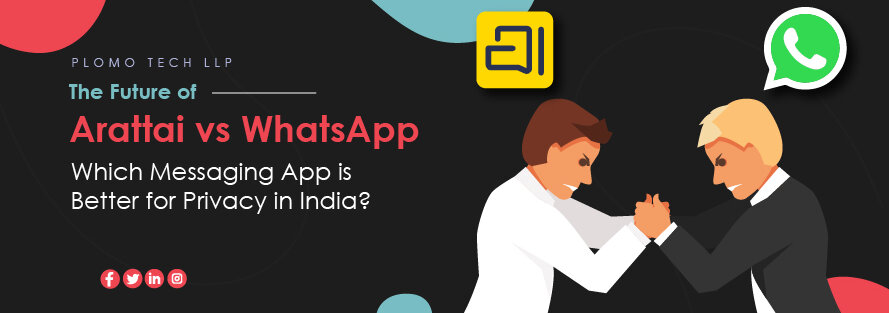In an age where digital communication drives both personal and professional conversations, the question of privacy has never been more important. India, one of the world’s largest markets for messaging apps, has seen growing concern over how global tech companies handle user data. Amid this backdrop, a homegrown alternative — Arattai — has emerged, positioning itself as a privacy-focused, Indian alternative to WhatsApp.
So, how do these two apps compare when it comes to encryption, data storage, policies, and Indian jurisdiction? Let’s find out.
The First Line of Defense
WhatsApp
WhatsApp offers end-to-end encryption (E2EE) for all messages, calls, and media shared between users. This means that only the sender and receiver can read the messages — not even WhatsApp itself. However, WhatsApp’s encryption does not apply to cloud backups, which can expose user data if stored on third-party services like Google Drive or iCloud.
Arattai
Arattai also claims to provide end-to-end encryption and secure messaging features. Being a relatively new platform, the specific technical details of its encryption protocol are not as openly documented as WhatsApp’s Signal Protocol. Still, the app emphasizes data sovereignty and Indian data control, which appeals to users concerned about global data transfers.
Verdict
Both apps provide strong encryption, but WhatsApp’s proven Signal protocol has an established security record. Arattai’s advantage lies in local data handling and Indian jurisdiction, which may offer greater comfort for privacy-conscious Indian users.
Where Is Your Data Kept?
WhatsApp
Arattai
Verdict
Both apps provide strong encryption, but WhatsApp’s proven Signal protocol has an established security record. Arattai’s advantage lies in local data handling and Indian jurisdiction, which may offer greater comfort for privacy conscious Indian users.




